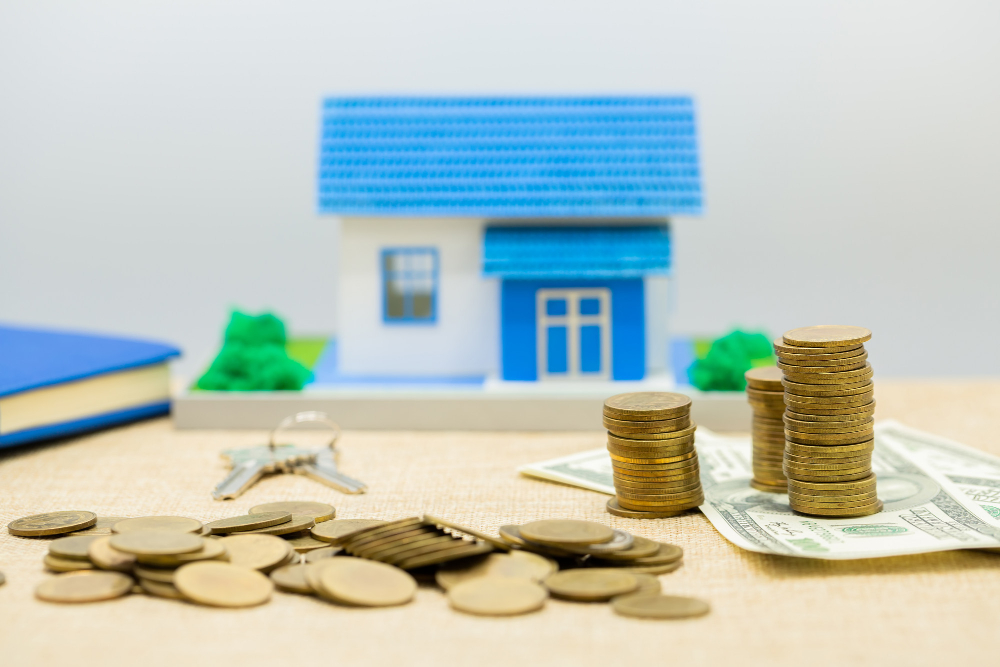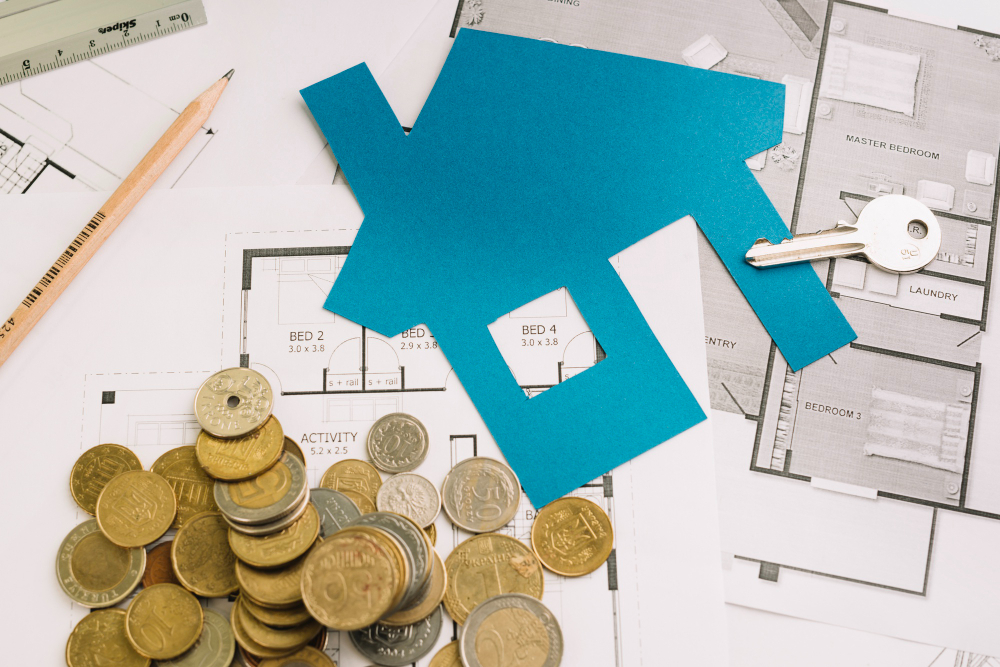
The Ultimate Guide to Saving for Your First Home: Tips for Building Your Down Payment
Buying your first home is a significant milestone that often represents a blend of dreams, aspirations, and financial commitment. However, the journey to homeownership can seem daunting, especially when it comes to saving for a substantial down payment. This guide is designed to equip you with essential strategies and actionable tips to help you save effectively, no matter your starting point. Whether you're looking to secure a cozy starter home or aim for a luxurious mansion, understanding how to save for a house can set you on the right path. We will explore the best ways to save for a home, breaking down the process into manageable steps and addressing common challenges you may face along the way.
Understanding the Basics of Saving for a Home
How to Save for a House: Setting Your Goals
Before you embark on your saving journey, it’s essential to establish a clear financial goal. Determine how much you need for a down payment, which is typically between 3% and 20% of the home's purchase price. For example, if you're aiming for a $300,000 home, a 20% down payment would require $60,000. Having a specific target will help you develop a realistic savings plan.
Creating a Budget
To save effectively, you need to understand your current financial situation. Start by tracking your income and expenses to identify areas where you can cut back. Create a budget that allocates a portion of your income toward your down payment savings. Consider using budgeting apps or spreadsheets to help you stay organized and accountable.
Opening a Dedicated Savings Account
Consider opening a high-yield savings account specifically for your down payment. This will not only help you separate your savings from everyday spending but may also earn you a higher interest rate. Look for accounts with low fees and easy access to your funds. Having a dedicated account makes it easier to track your progress toward your goal.
Strategies for Saving Money for a House
How to Save Money for a House: Automate Your Savings
One of the best ways to ensure you consistently save is to automate the process. Set up automatic transfers from your checking account to your dedicated savings account each month. Treat these transfers like a bill that you must pay. This strategy reduces the temptation to spend that money and helps you build your savings effortlessly.
Cutting Unnecessary Expenses
Review your spending habits and identify areas where you can cut back. Consider canceling subscriptions you rarely use, dining out less often, or finding more affordable entertainment options. Redirect these savings into your home fund. Every little bit adds up, and small changes can lead to significant savings over time.
Increasing Your Income
Finding ways to boost your income can significantly accelerate your savings for a down payment. Consider taking on a part-time job or freelance work to supplement your earnings. You might also explore selling unused items around your home or offering services in your community, such as pet sitting or tutoring. Every extra dollar you earn can bring you closer to your goal.
Long-Term Strategies for Building Your Down Payment
Saving for a Home: Establishing an Emergency Fund
While saving for a down payment is crucial, it's also important to have an emergency fund in place. Aim to save at least three to six months' worth of living expenses in a separate account. This financial cushion will protect you from unexpected expenses, ensuring that your down payment savings remain intact.
How to Save for a Down Payment: Researching First-Time Homebuyer Programs
Many states and local governments offer first-time homebuyer programs that provide financial assistance for down payments. Research these programs in your area to see if you qualify for grants or low-interest loans. These resources can make a significant difference in your ability to save for a home.
Utilizing Windfalls and Bonuses
Whenever you receive unexpected financial windfalls, such as tax refunds, bonuses, or gifts, consider putting a portion of that money directly into your home savings account. This can provide a substantial boost to your down payment fund and help you reach your goal faster.
Advanced Tips for Maximizing Your Savings
How to Start Saving for a House: Make a Savings Plan
Create a detailed savings plan that outlines how much you need to save each month to reach your down payment goal by your target date. Break your larger goal into smaller, manageable milestones. This approach will help you stay motivated as you celebrate each achievement along the way.
Best Way to Save for a Home: Invest Wisely
If you have a longer time horizon (three to five years or more), consider investing your savings in low-risk options such as index funds or high-yield bonds. While these investments carry some risk, they can potentially earn you a higher return compared to a standard savings account. Be sure to consult a financial advisor to choose the best investment strategy for your situation.
How to Save to Buy a House: Leverage Employer Benefits
Some employers offer benefits that can aid your home-saving efforts, such as housing assistance programs or bonuses for first-time homebuyers. Check with your HR department to see if there are any resources available to help you save more effectively for your first home.
Understanding the Cost of Homeownership
How Do I Save for a Down Payment on a House?
In addition to saving for a down payment, it's crucial to understand the other costs associated with buying a home. Consider expenses such as closing costs, moving expenses, property taxes, and home maintenance. Factor these costs into your overall budget to avoid any surprises during the homebuying process.
How to Save Money for a Down Payment: Plan for Future Expenses
As you save for your down payment, keep in mind that homeownership involves ongoing expenses. Plan for future costs by setting aside funds for maintenance and repairs. Establishing a separate home maintenance fund can help you prepare for the financial responsibilities of being a homeowner.
Conclusion: Taking the First Steps Toward Homeownership
Saving for your first home can be a daunting task, but with a clear plan and disciplined approach, it is entirely achievable. By following the tips outlined in this guide, you can develop effective strategies for building your down payment and work toward your goal of homeownership. Whether you are saving for a modest starter home or dreaming of a mansion, the key is to stay focused, remain committed, and celebrate your progress along the way. Remember, the best way to save for a house is to start now and take consistent action toward your goal.

















